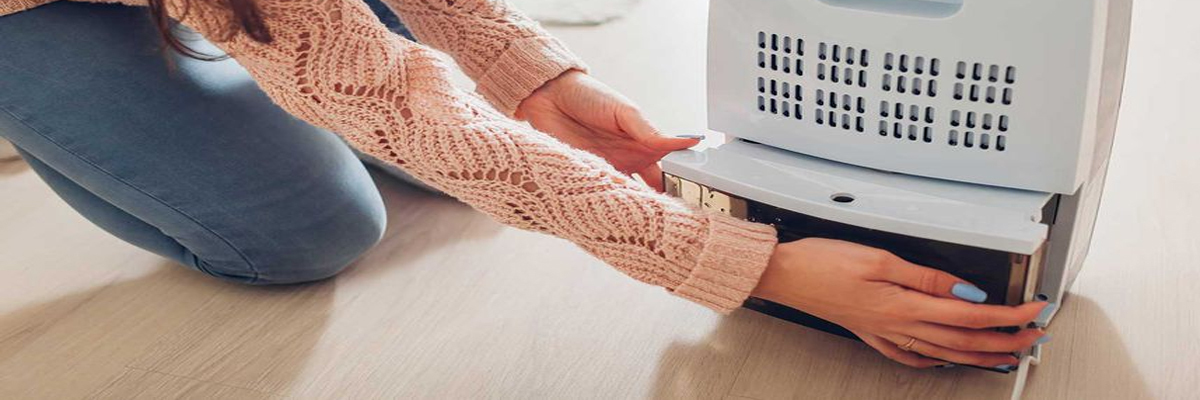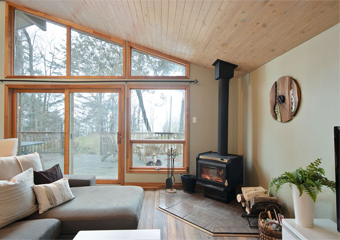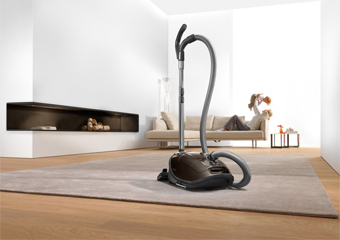Updated: 13/11/2020
What does a Dehumidifier do?
Most homes in the UK suffer from condensation and dampness. With the ever changing weather, clearing the house of any additional humidity is next to impossible. Most people rely heavily on the sunshine and fresh air to curb the smell of damp and the ever-present moisture. Dehumidifiers help control the humidity levels in the room and visibly reduce signs of condensation. They are especially useful during winter months when the dampness in the air can cause breathing issues. Dehumidifiers are ideal for people with respiratory conditions that get aggravated because of mould, damp, condensation, and humidity.
Most people get confused between dehumidifiers and air purifiers. Dehumidifiers reduce humidity levels in the air by sucking in moisture and killing off any microbes and mould that tend to thrive in damp weather. Air purifiers circulate air through a filter to kill pollutants, dust, pollen, and smoke present in the air. Air purifiers do not control moisture and humidity levels.
Who Should Purchase a Dehumidifier?
Suppose your house has excessive humidity, mould, dampness, condensation on glass, mirrors and windows, or water stains on the wall that leads to peeling paint or rotting. In that case, you should consider investing in a good quality dehumidifier. There are many homes in the UK where such signs are not always visible. However, these homes usually have a damp and musty smell to them that permeates from the wall. If you face any of these issues, you should invest in a good quality, quick action dehumidifier.
Too much moisture can lead to severe health complications. Some of the issues most homeowners face because of humidity are creaking of floorboards, warped wood, peeling paint, spiders, and other small insects that are attracted to damp and mouldy spaces. All these issues together can also have adverse effects on the health of pets, children, and senior citizens.
How do Dehumidifiers work, and what do they do?
Good quality dehumidifiers are known to be extremely effective at pulling the moisture from the air. These dehumidifiers help save costs on energy, do the work silently, and give proven results within a few minutes.
There are plenty of dehumidifiers available in the market. However, most of these units fall under two broad categories – desiccant and compressor.
Let us quickly look at each type to gain a better understanding of which one would suit your requirements.

- Desiccant: Desiccants are ideal for places that face severe cold. Less used spaces like the conservatory, unheated basement, or the garage are suitable for desiccant dehumidifiers. This variant uses a moisture filter or absorbent material to quickly suck out the humidity from the air. This moisture is then heated, and the resultant water is passed to the condenser system inside the dehumidifier. The collected water can then be thrown out as the inbuilt tank keeps filling with regular use. Some desiccant dehumidifiers tend to use extra energy since they heat the moisture.
- Compressor: Compressor dehumidifiers (also known as refrigerant dehumidifiers) are ideal for hot places. In the UK, most people prefer using a compressor dehumidifier since the air is warm and highly humid. This variant of dehumidifiers comes equipped with a filter. Air is sucked in, directed and passed through the filter and ends up over cold coils that convert the condensed moisture to water. This water is then collected in the water tank.
All dehumidifiers come inbuilt with water tanks to hold the condensed water. Since dehumidifiers are available in various sizes (as per requirement), the water collection tank sizes also vary. You could make a selection based on the size of the water tank and the type of air you are exposed to daily. While making a selection, always remember that most large water tanks take up space, and will not fit in confined areas.
Some permanently fixed dehumidifiers also come with water pipes to automatically drain the water. These dehumidifiers are not mobile, and cannot be wheeled from one room to another. If you connect a hose to collect and remove all the water, you do not need to drain the water tank often.
Useful Information about Dehumidifiers
Dehumidifiers can be used throughout the year, irrespective of the season – summer or winter. If the humidity level in the air is high (as it is in the UK), you can use a dehumidifier for breathing easily.
You should use a vacuum to clean the floor before you turn on the dehumidifier. Similarly, you should operate the air purifier before starting the dehumidifier to clear the air of pollens, allergens, dust, and other harmful microbes.
Related Reads
Loft Space Ideas
Updated: 06/12/2020Loft Space IdeasMost homes in the UK have unused attic or loft areas. These neglected areas are either filled with junk or are ignored until they gather enough dust to last several lifetimes. This space can be utilised to create an addition to your...
How to Cool Down a Room
Updated: 13/11/20How to Cool Down a RoomHeatwaves can be extremely uncomfortable for many people. The warm months are quite harrowing in the UK. Most climate activists suggest that the excessive rise in temperatures is due to an unprecedented increase in global...
Best Way to Iron a Shirt
Updated: 13/11/2020Best Way to Iron a ShirtAnyone can buy clothing like pants, shirts, ties, socks, and shoes. However, you look impressive only when you know how to wear and carry these clothes. While you may feel some fabrics look good on you, the fact remains that...
How to Clean a Carpet
Updated: 23/07/2020How to Clean a CarpetThe best way to make your home cosy and comfortable is to cover the flooring with carpets. Carpets add to the elegance and beauty of the house. Apart from the visual appeal, they also help with the insulation of the entire room....
Keeping the House Cool in Extreme Heat
Updated: 30/06/2020 Keeping the House Cool in Extreme Heat The UK can experience deadly heat waves with temperatures rising to 35C – 40C. This debilitating heat can permeate the walls of your home and increase temperatures further. It is crucial to keep the house cool...
How to Keep a Room Cool that faces the Sun
Updated: 29/06/2020How to Keep a Room Cool that faces the Sun Ideally, the best way to keep a room cold is to keep the sun out. Excessive sunshine heats the room to become extremely hot. This phenomenon is especially true during heat waves and summers. The simplest...






